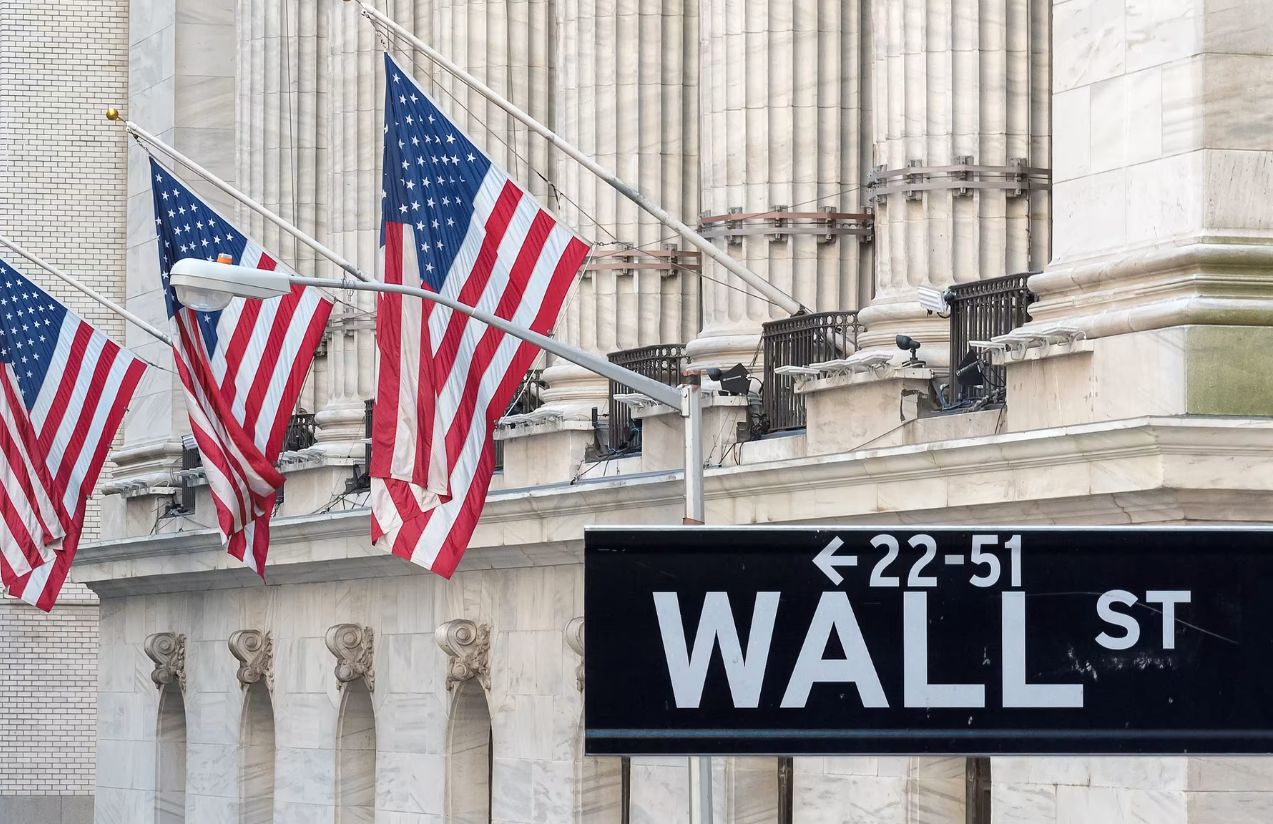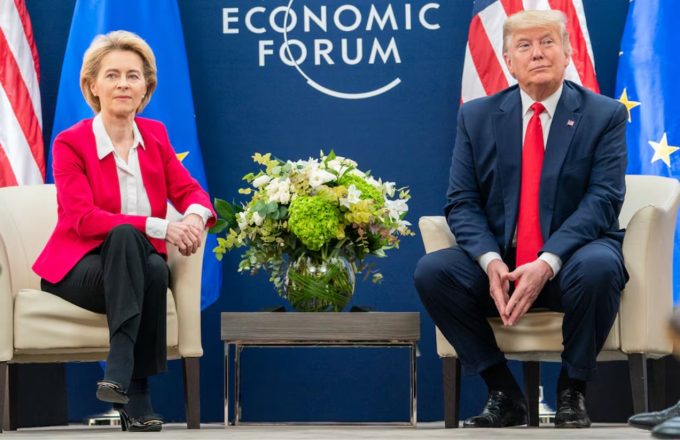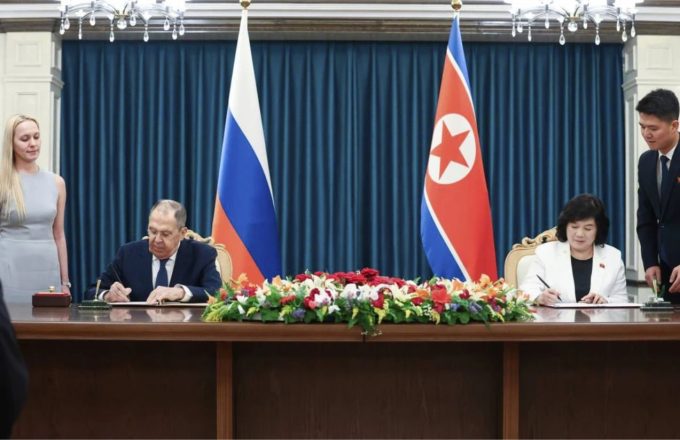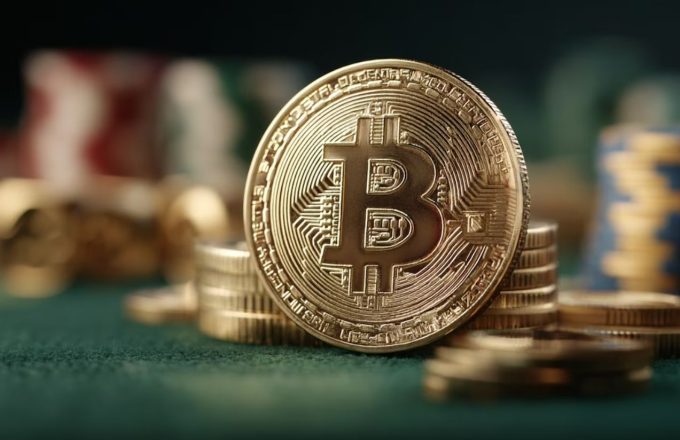The S&P 500 and Nasdaq indexes reached record highs on Thursday, boosted by strong financial results from Alphabet, Google’s parent company. The tech giant’s performance reignited investor enthusiasm for companies linked to artificial intelligence, according to preliminary market data.
Alphabet shares surged after the company’s quarterly results reinforced the perception that its massive investments in AI are beginning to pay off. The upbeat mood extended to other major tech players, including Microsoft, Nvidia, and Amazon, whose stocks also closed higher.
Markets also reacted positively to the recent trade agreement between the United States and Japan, as well as signs of progress in negotiations with the European Union, further fueling risk appetite on Wall Street.
“The market is showing confidence due to developments in trade talks, the economy, inflation trends, and corporate earnings for the second quarter, which have generally exceeded expectations,” said Sam Stovall, Chief Investment Strategist at CFRA Research.
Not all the news was favorable. Tesla shares slumped after CEO Elon Musk warned of “a few tough quarters” ahead, citing reduced government subsidies for electric vehicle manufacturers in the U.S. So far this year, Tesla stock has dropped nearly 25%.
IBM also posted losses after reporting disappointing second-quarter results, primarily due to declining sales in its core software division.
In terms of numbers, the S&P 500 rose 5.53 points (0.08%) to close at 6,363.87. The Nasdaq Composite gained 38.85 points (0.19%) to 21,057.96. Meanwhile, the Dow Jones Industrial Average fell 312.08 points (0.69%) to 44,698.21.
Across the Atlantic, European markets also ended the day in positive territory after the European Central Bank left interest rates unchanged. The decision, along with strong bank earnings and easing trade tensions with the U.S., lifted the pan-European STOXX 600 index, which closed up 0.2% after touching a six-week high.
However, the initial optimism cooled as investors recalibrated expectations for future rate cuts, following ECB President Christine Lagarde’s remarks that policymakers were seeking more clarity on trade developments and their economic impact before making further decisions.
Futures markets reflected this shift in sentiment, with traders scaling back bets on a September rate cut. The yield on Germany’s two-year bond also surged.
“With rates at 2%, we remain in the middle of the ECB’s neutral range of 1.5% to 2.5%. Still, uncertainty is high, and if trade tensions intensify, further easing may be necessary later this year to help maintain business and consumer confidence,” said Marchel Alexandrovich, economist at Saltmarsh Economics.
Despite the ECB’s cautious stance, investor sentiment remained buoyant amid growing expectations of a trade agreement between the U.S. and the EU, with the European Commission stating that a deal was “within reach.”




















